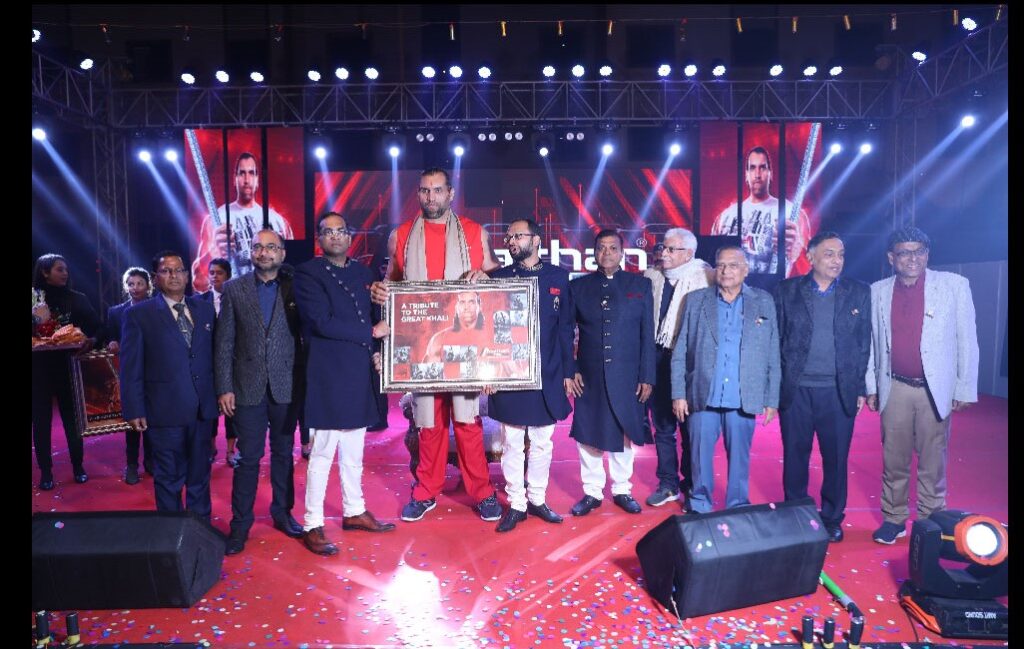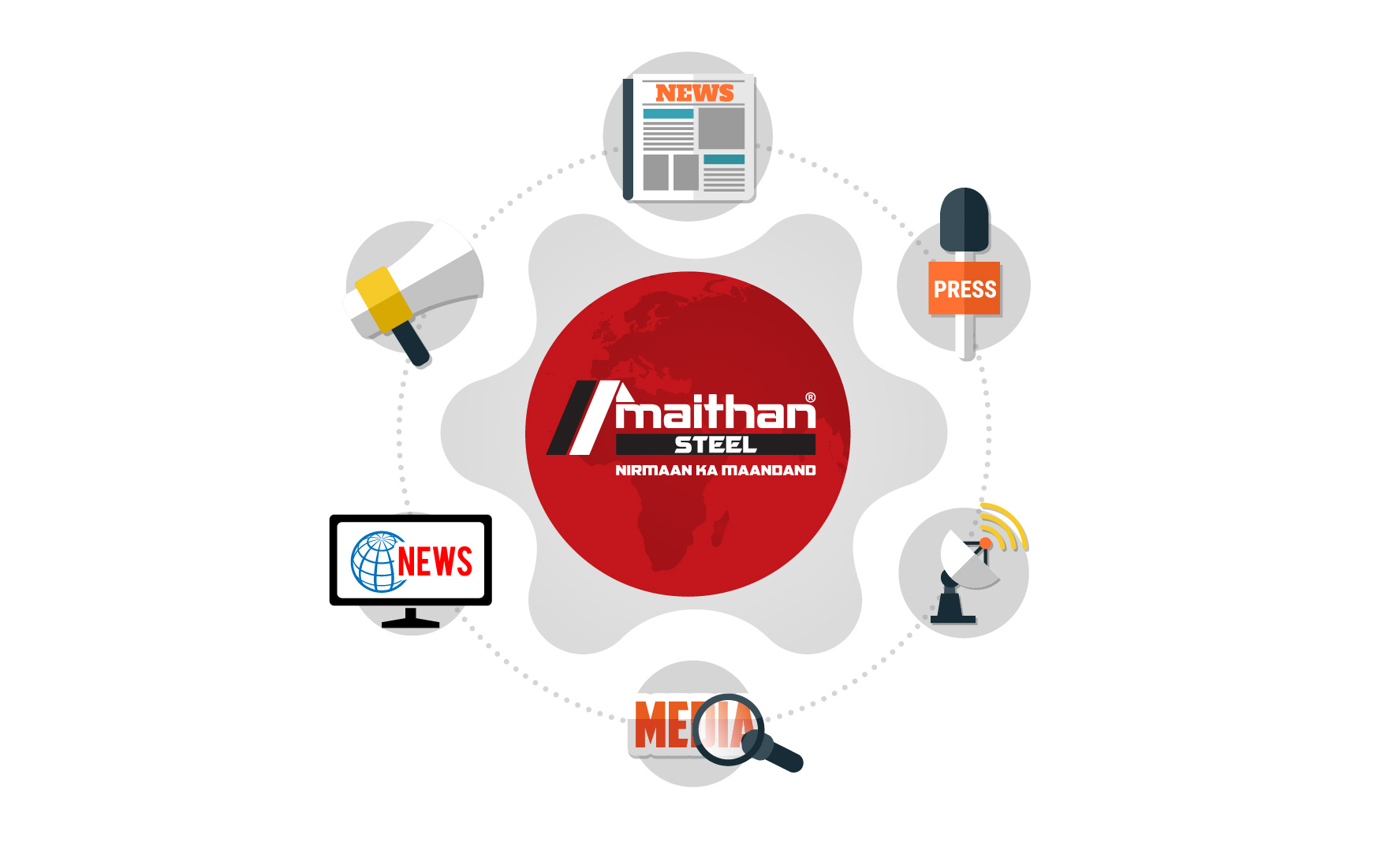Thermo-mechanically treated (TMT) steel bars have revolutionized the construction industry, particularly in countries like India, where structural integrity and resilience are paramount. This guide is tailored for civil engineers, construction professionals, and steel suppliers in regions like Kolkata, UP, Bihar, Jharkhand, and Karnataka, providing a thorough understanding of TMT steel and its critical role in modern construction.
Manufacturing Process of TMT Steel Bars
The production of TMT steel involves a rigorous process to ensure superior quality and performance:
- Raw Material Selection:
- High-quality iron ore is melted in blast furnaces.
- Quenching:
- The hot rolled steel bars are rapidly cooled using water jets, creating a hard outer surface while the core remains ductile.
- Self-Tempering:
- The residual heat from the core tempers the martensitic outer layer.
- Atmospheric Cooling:
- The bars are allowed to cool in ambient conditions, ensuring uniform hardness and strength.
Properties and Advantages of TMT Steel
Structural Strength and Stability
- Increased Strength:
- TMT steel bars possess high tensile strength, making them ideal for high-load applications.
- Stability:
- They provide structural stability, critical for building skyscrapers and large infrastructures.
Earthquake and Corrosion Resistance
- Seismic Performance:
- TMT bars offer superior earthquake resistance, essential for regions prone to seismic activities.
- Corrosion Resistance:
- The unique manufacturing process enhances corrosion resistance, extending the life of structures.
Cost and Time Efficiency
- Reduced Construction Time:
- Thinner and lighter TMT bars do not compromise on strength, facilitating quicker construction.
- Cost Savings:
- Lower material requirements and faster build times result in significant cost reductions.
Bendability and Weldability
- Flexibility:
- Excellent bendability allows for complex designs and easier handling.
- Weldability:
- High weldability ensures robust joints without weakening the steel.
Safety Features
- Enhanced Safety:
- TMT steel bars contribute to safer buildings, particularly in high-risk areas susceptible to natural disasters.
Guidelines for Choosing the Right TMT Steel for Different Construction Projects
Assessing Requirements
- Project Specifications:
- Determine the load-bearing requirements and environmental conditions.
- Quality Standards:
- Ensure compliance with relevant quality standards and certifications.
Selecting Appropriate Grades
- Grade Selection:
- Choose the correct grade (e.g., Fe 415, Fe 500, Fe 550) based on project needs.
Manufacturer Reputation
- Trusted Brands:
- Opt for reputable manufacturers known for quality, such as Maithan Steel and Power Limited.
Best Practices in Handling, Storing, and Transporting TMT Steel
Handling
- Safe Handling:
- Use appropriate equipment to prevent damage and ensure worker safety.
Storing
- Proper Storage:
- Store TMT bars in a dry, covered area to avoid exposure to moisture.
Transporting
- Secure Transport:
- Ensure bars are securely fastened during transport to prevent bending and damage.
Importance of Quality Assurance and Certifications for TMT Steel
Quality Assurance
- Testing Protocols:
- Adhere to stringent testing protocols to verify material properties.
Certifications
- Regulatory Compliance:
- Ensure that the TMT steel meets national and international certification standards.
Case Studies Demonstrating Successful Use of TMT Steel in Construction Projects
Case Study 1
- Project:
- High-rise residential complex in Kolkata.
- Outcome:
- Improved structural integrity and faster construction timelines.
Case Study 2
- Project:
- Infrastructure development in Bihar.
- Outcome:
- Reduced maintenance costs due to enhanced corrosion resistance.
Regulations and Standards Related to TMT Steel in India
BIS Standards
- IS 1786:
- Compliance with BIS standards is mandatory.
Regional Standards
- Local Regulations:
- Adhere to additional regulations specific to Kolkata, UP, Bihar, and Jharkhand.
Maithan Steel and Power Limited
Maithan Steel and Power Limited has been a beacon of trust and excellence in the steel industry for over two decades. Established in 1963 and diversifying into steel-making in 2001, Maithan Steel has set new benchmarks with its state-of-the-art integrated plant in Salanpur, West Bengal. Utilizing Concast & Thermex HYQST European Technology, Maithan Steel delivers superior quality products.
Contributions and Commitment
With a robust network and presence across 17 states, Maithan Steel contributes significantly to the nation’s growth, providing direct and indirect employment opportunities and supporting the “Make in India” initiative. Their diverse product offerings include TMT Rebars, Billets, Power, Ferro Alloys, Black Wires, and Sponge.
Dedication to Quality and Service
Maithan Steel’s commitment to unparalleled product quality is complemented by an extensive sales network and comprehensive after-sales service. This dedication ensures optimal value through transparent business policies and ethical practices.
Conclusion
TMT steel is an indispensable component in modern construction, offering unmatched benefits in strength, durability, and efficiency. By choosing reputable suppliers like Maithan Steel, adhering to best practices, and understanding the regulatory landscape, construction professionals can ensure the successful implementation of TMT steel in their projects.
For more information and to explore how Maithan Steel can support your construction needs, contact us today.
FAQs
How is TMT steel produced?
TMT steel is produced by hot rolling steel bars and then subjecting them to a controlled cooling process, which involves water quenching followed by tempering.
What are the advantages of using TMT steel?
TMT steel offers several advantages, including high tensile strength, better ductility, corrosion resistance, and improved weldability compared to conventional steel.
What are the grades of TMT steel available?
TMT steel is categorized into different grades based on its yield strength, commonly ranging from Fe 415, Fe 500, to Fe 600, with higher grades indicating increased strength.
How does TMT steel compare to conventional steel?
TMT steel is generally stronger and more flexible than conventional steel. Its unique processing gives it superior mechanical properties, making it more suitable for construction.
Is TMT steel resistant to seismic forces?
Yes, TMT steel’s ductility allows it to absorb and dissipate energy during seismic events, making it a preferred choice for earthquake-resistant structures.
How can I identify quality TMT steel?
Quality TMT steel can be identified by checking for the manufacturer’s certification, examining the physical properties (like bend test and tensile strength), and looking for ISI markings or relevant standards.
What is the role of TMT steel in construction?
TMT steel is primarily used as reinforcement in concrete structures, providing the necessary tensile strength to withstand various loads and stresses.
Can TMT steel be recycled?
Yes, TMT steel is recyclable, making it an environmentally friendly option for construction materials.





